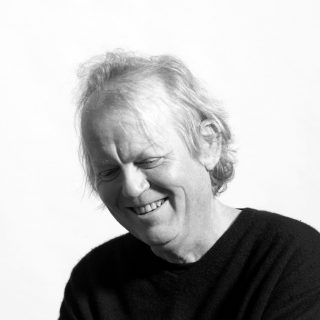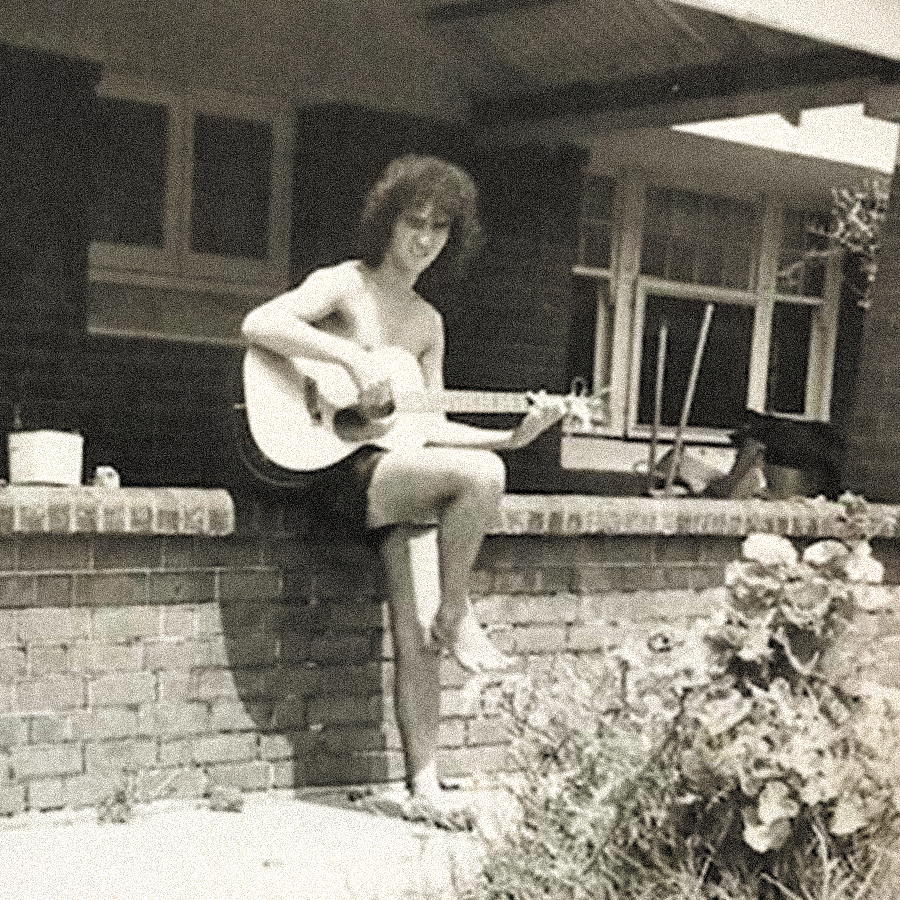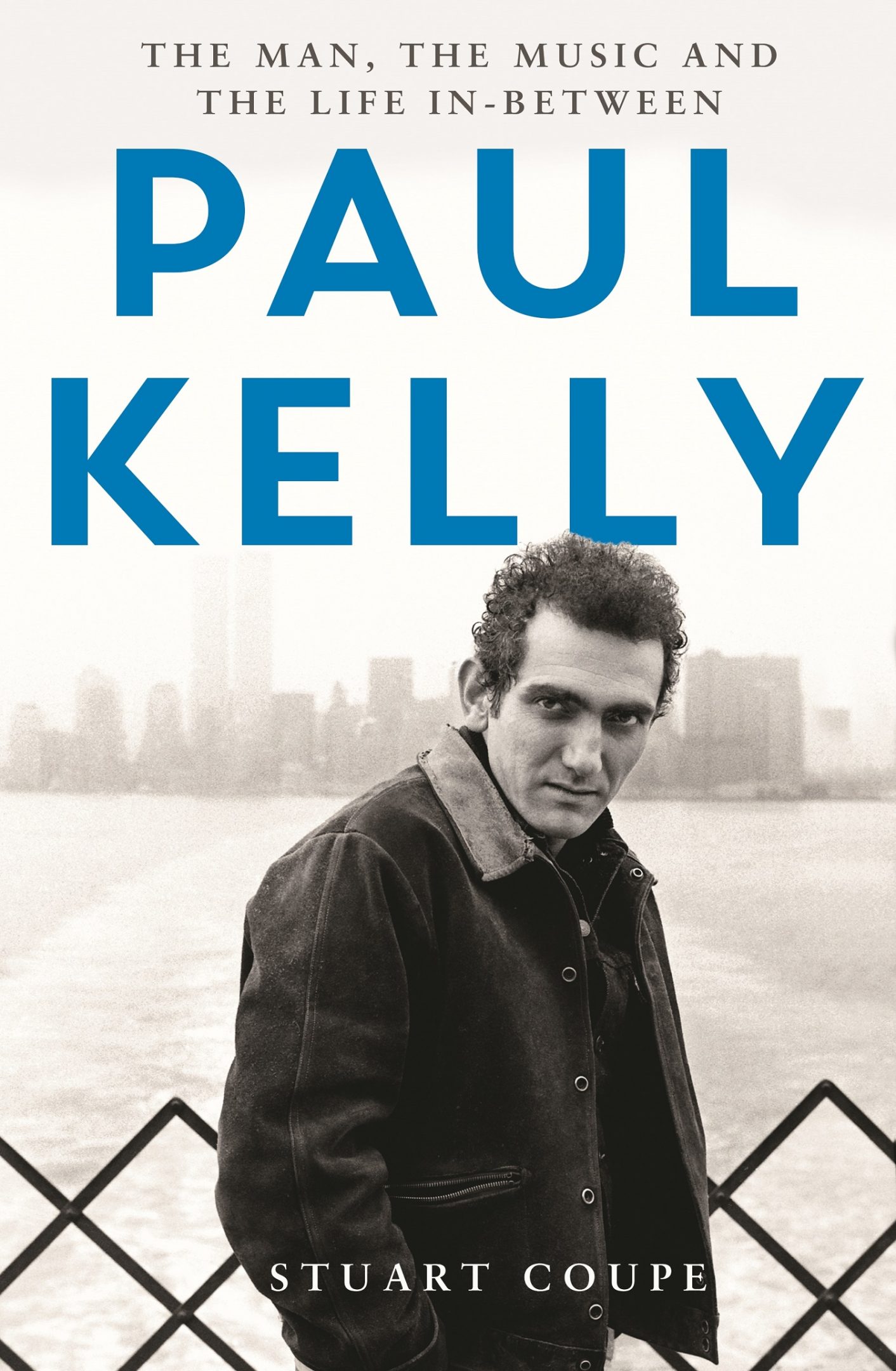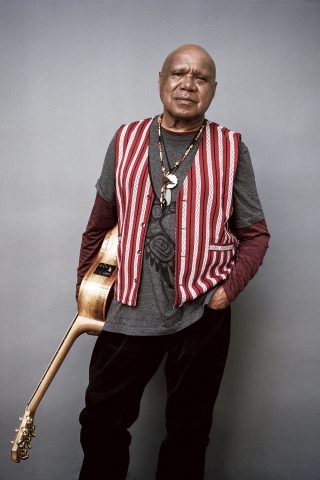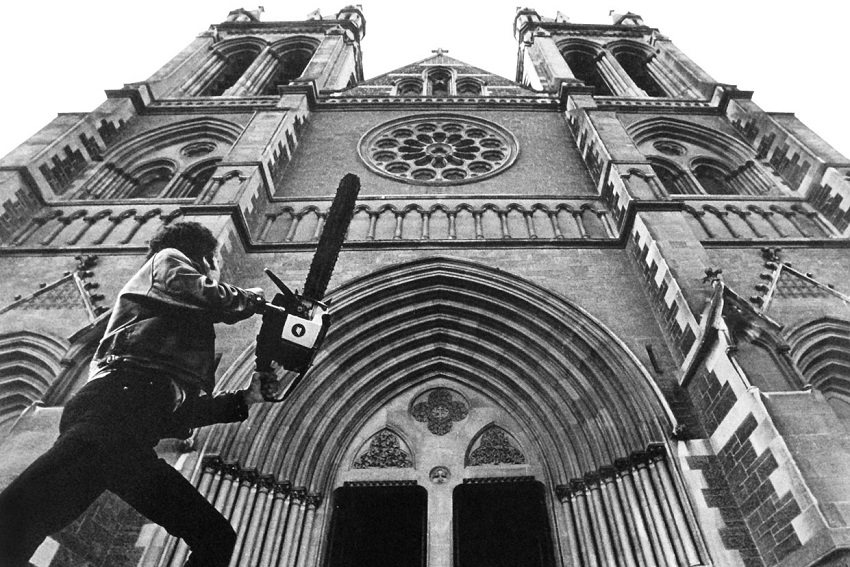From North Adelaide sharehouses to the city’s 1970s pub scene, Paul Kelly’s manager-turned-biographer Stuart Coupe pieces together the story of the songwriter’s short-lived first band.
Adelaide in the mid-1970s was an emerging creative hub that nurtured a flamboyant and experimental world. A small scene most certainly, but one that briefly burnt bright. Don Dunstan was the premier and the arts were valued. Arguably at that time, Adelaide had the biggest gay scene in Australia. It had the South Australian Film Corporation, the State Theatre Company South Australia, and Flinders University, which was radical and left-leaning.
Pubs like the Buckingham Arms attracted students, artists, the transgender community and all sorts of colourful characters. Everyone mingled – everyone was accepted. Writer Nick Lainas, the godfather to Paul’s daughter Madeleine, first met Paul around this time in Adelaide in 1976, encountering what he describes as, “a callow youth without much worldly experience at all”.
“The first time I saw him, he was in a backyard with an acoustic guitar on his lap, and with this shock of incredible curly black hair.”
Initially Lainas and Paul didn’t have a lot to do with each other so when Lainas was preparing for a trip back to Greece, he was surprised when Paul arrived with a gift for him – a copy of Gail Holst’s book on Greek music, Road to Rembetika.
Lainas spent the second half of 1976 in Greece, sending back travel writing and poetry for John Kingsmill and Paul to publish in Another One For Mary [the magazine the pair started in 1975 while working as cleaners at the Adelaide Festival Centre].
When Lainas returned, Paul was living in Buxton Street, North Adelaide, and the friendship developed.
“It was a notorious building at the time, a building full of junkies,” Lainas says.
“Paul was breaking free from all those conservative years of his Catholic upbringing. He was reading Henry Miller and writers like that. He wanted to disorganise his senses and extend his range of experiences, especially sexual ones.
“He had a level of determination even in those days. Paul was going to crash through. He wouldn’t have lasted if he didn’t have that – that iron will and focused vision. Music and songwriting became his total vision.”
For Paul the Buxton Street house was where he had the game changer – the realisation that he could write songs. He wrote one. Then another. And another.
“There was a piano there and I wrote a song called We Don’t Get On. It has never been recorded. At that moment I remember the feeling and the realisation of, ‘Oh, I can do this – if I can write one song I can write another’. I stopped writing the prose poetry and other stuff and it just became songs. Around this period I also wrote The Going Down, this time on guitar.
“Once I began writing songs when I was 21 that became all I wanted to do. I didn’t want to do anything else. I always had part-time jobs – cleaning jobs, and dish- washing jobs – and the dole. But all I really wanted to do was make money off writing songs. I didn’t have an alternative. There was no thinking about something that I could fall back on – something like teaching or cleaning.”
It was 1976 and it occurred to Paul that it was time to start a band – and one of the people he was going to start a band with was Adelaide musician and writer Philip White.
“Paul came to my joint,” White recalls. “It was in the middle of summer and he said, ‘Hey Phil, I want to start a band’. We sort of talked about it. I didn’t know him very well at that point. I’d been introduced to him by John Kingsmill.
“When we met I had been in a few bands that had had a modicum of success. I was a hillbilly preacher’s kid, a full- on bible-bashing jerk. It was all bibles and shotguns for me. I must have seemed very exotic to Paul. I was pretty upfront. And Paul was a folk singer who hadn’t really done very much. Both he and John thought they were Jack Kerouac. But I knew they weren’t.”
Up until then, Paul had been drifting around Adelaide playing solo as a Bob Dylan–inspired folkie at Ginger’s coffee shop on Melbourne Street and other similar places around the city but this was his first foray into a rock ’n’ roll band.
Paul’s sister Mary Jo was working as a jillaroo on a cattle station thousands of kilometres away up in the Kimberleys when she received a letter from Paul saying, “Come back to Adelaide, I’m starting a band”.
